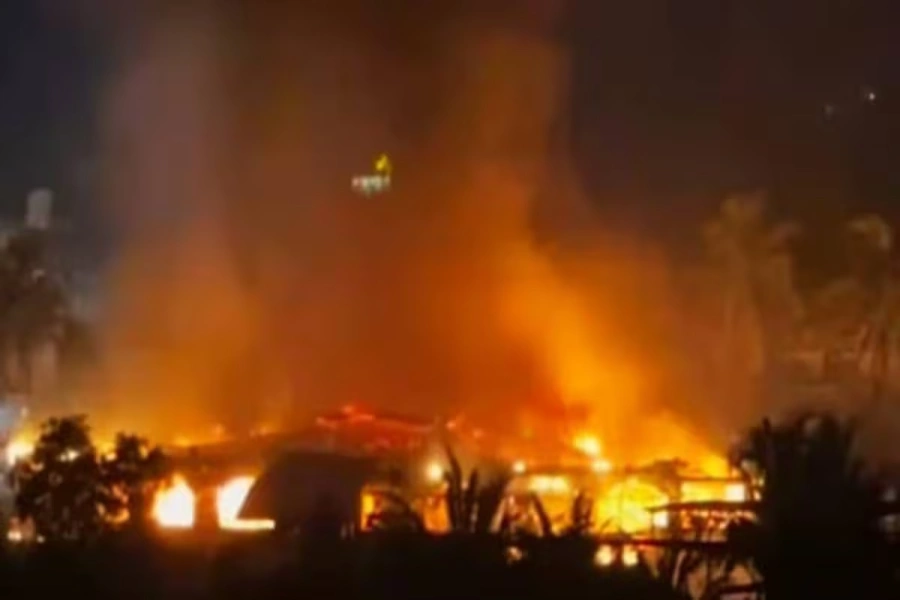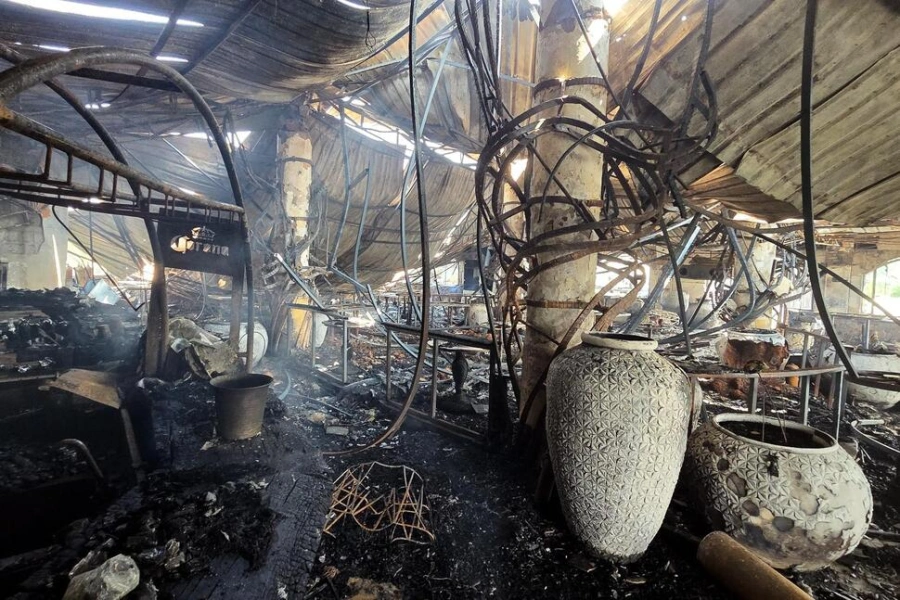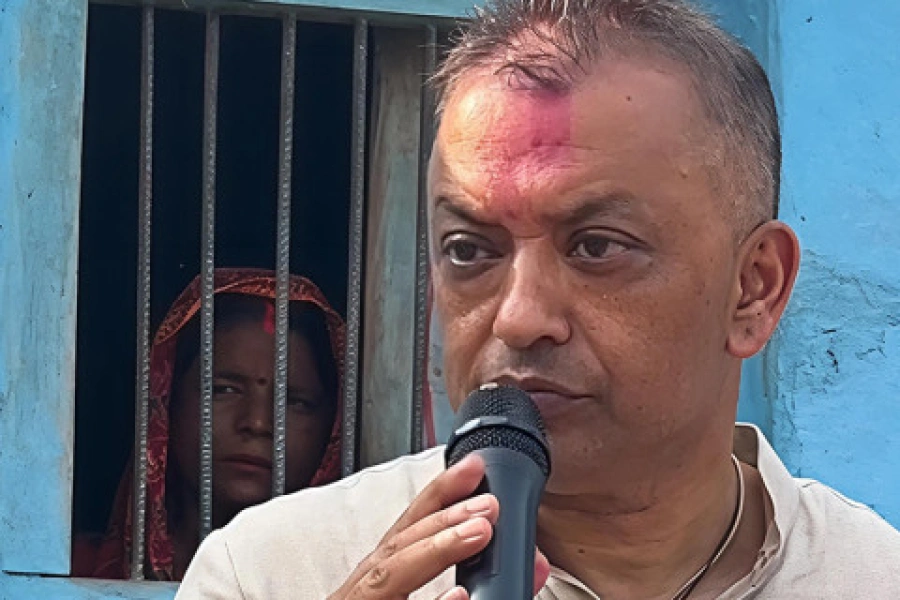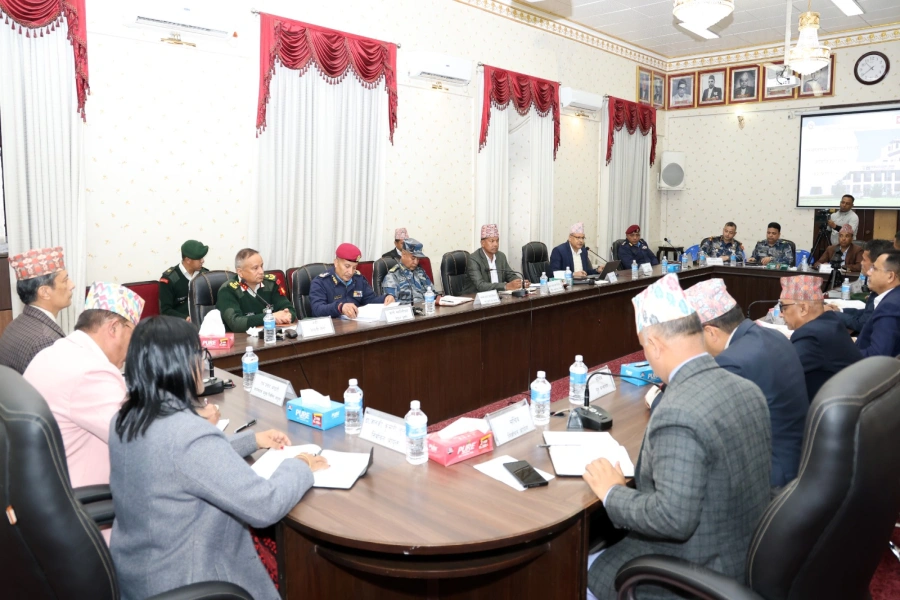Dahal meets Xi Jinping
There are any number of ways to interpret the images emerging from the informal meeting between Nepali Prime Minister Pushpa Kamal Dahal, his Indian counterpart Narendra Modi and Chinese President Xi Jinping from Goa, India. One common interpretation is that Xi was dictating terms as only he among the three leaders appears relaxed, the other two seemingly hanging on to every word he uttered. Whatever the truth, we would like to believe that the meeting between the three leaders is a start of the long-desired trilateral cooperation. Reports that the meeting took place in the most cordial atmosphere give us some hope. So does the fact that the Chinese president has reportedly promised the Nepali side during another formal meeting in Goa that he will soon visit Nepal, possibly even within 2016. Apparently the Chinese are happy with the assurance from Dahal that his government is committed to recent bilateral agreements with China. If it comes to pass, such a visit will be meaningful as a Chinese head of state has not visited Nepal in the past two decades. It will be an unmistakable proof of the high priority China accords to Nepal in the new context.
It is in Nepal’s interest to carefully balance its relationships with its two immediate neighbors. Nepal has had to pay dearly whenever it has appeared to be favoring one neighbor over another. Since Indian Prime Minister Modi has already visited Nepal twice, and with Indian President Pranab Mukherjee scheduled to come after a fortnight, it is only right that top government delegates from China come as well. Not because Nepal needs to play the ill-famed ‘China card’. In fact, it would be foolhardy for any Nepali leader to try to play off one neighbor against the other. Again, such high level visits are important as they are the strongest possible signs of mutual goodwill and as they help cement important bilateral agreements. Recent trade and transit agreements with China that were signed during Oli’s official trip earlier this year are yet to come into operation, for these were only tentative deals. The details of how Nepal would exercise its new transit rights through China or how it would import a third of its fuel needs from the northern neighbor, for example, are yet to be worked out. Progress on these agreements was put on the backburner with the collapse of Oli government. Now the responsibility to implement the March agreements falls on Prime Minister Dahal’s shoulders.
This newspaper believes that the only way Nepal can prosper is by successfully leveraging the economic growths of its two giant neighbors and rising world powers through greater connectivity in this region. To prosper, we also need to bring down the trade barriers between the richer and poorer states and enhance tourism and people-to-people connectivity. This is where initiatives like the ongoing BRICS-BIMSTEC outreach summit in Goa could be helpful. Forums like SAARC and BIMSTEC are especially important for smaller countries like Bhutan, Bangladesh and Nepal that do not have economies of scale for self-sufficiency in all their vital necessities. Rebooting Nepal’s hung relation with China would be a wonderful start towards this goal. But what we need for this is nuanced long-term diplomacy rather than short-term anti-India or anti-China grandstanding.
PM Dahal arrives in Goa






























-1200x560-1771928761.webp)









